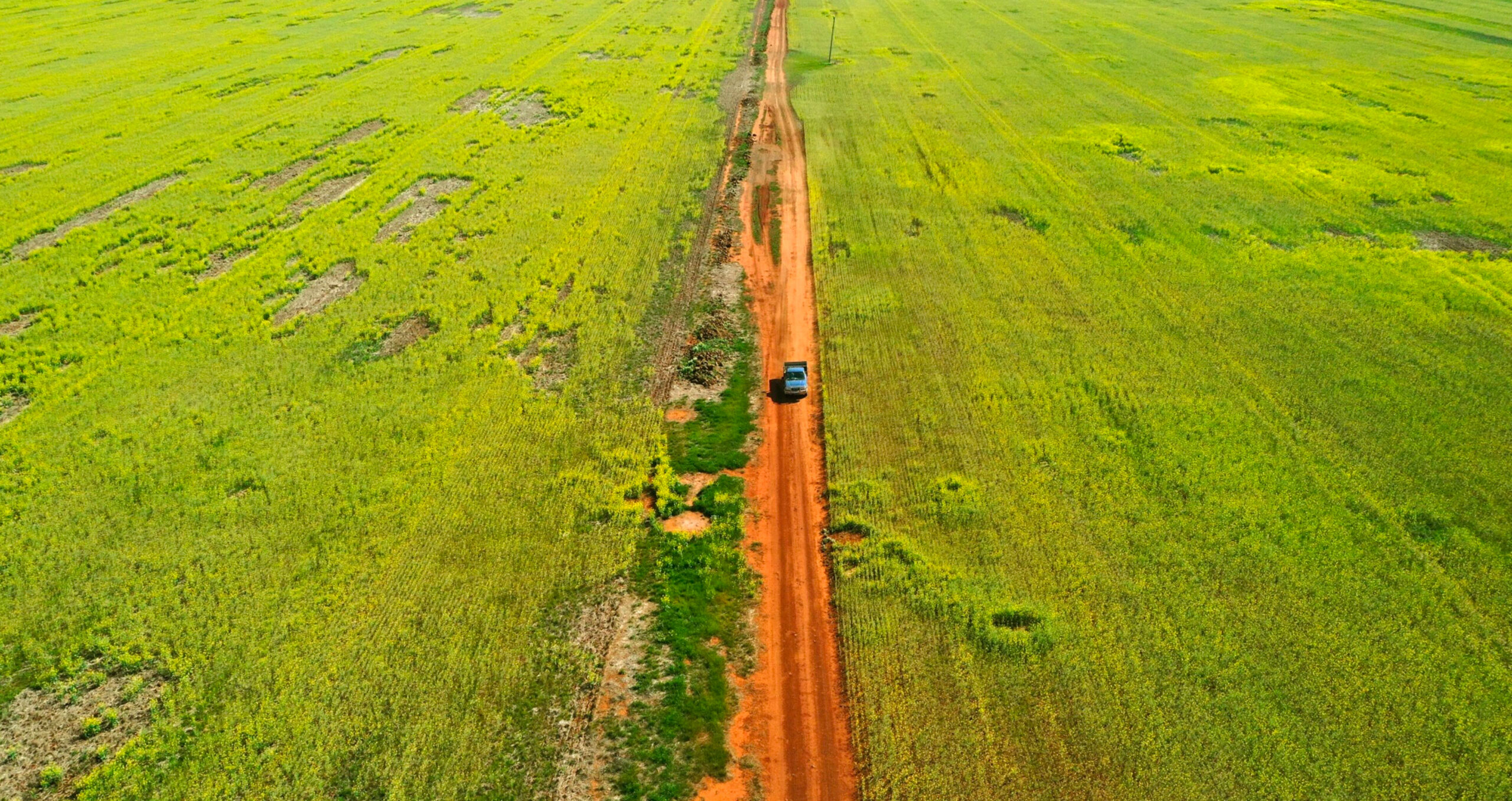
Tougher action against greenwashing expected from Australian competition commission

With claims of alleged greenwashing on the rise, the competition watchdog has published draft guidance for companies, warning them to provide evidence to back up their sustainability claims – or risk strict penalties
Australian businesses face heightened enforcement risks tied to their environmental and sustainability claims as regulatory scrutiny of “greenwashing” grows.
The country’s competition watchdog, the Australian Competition and Consumer Commission, is expected to ramp up its investigative and enforcement activity following the publication of draft greenwashing guidance in July.
The guidance includes eight principles, covering the accuracy and truth of companies’ sustainability claims, the omission of important information or so-called “greenhushing”; and the use of supporting evidence for specific assertions.
Experts believe the ACCC’s draft principles – subject to public consultation until 15 September – are unlikely to face “material change” before their final adoption in the coming months.
Ian Reynolds, partner at Australian law firm Corrs Chambers Westgarth, says businesses should be aware of the regulator’s priorities and enforcement appetite: “I think the ACCC will focus on two things: firstly, imprecision and vagueness; and secondly, support and verification. The number of enforcement actions will increase, and so will the complexity of these actions,” he adds.
Playing catch-up
The ACCC guidance follows in the wake of the Australian Securities and Investments Commission, which has already brought several high-profile enforcement actions against leading financial institutions over greenwashing claims in the last 18 months.
With the ACCC is playing enforcement catch-up, a broader spectrum of businesses is now sitting firmly in its crosshairs. In March, the ACCC published the results of an internet sweep of 247 companies’ environmental and sustainability claims, flagging up that 57 per cent “raised concerns”.
The regulator highlighted vague statements, insufficient evidence for specific claims, and environmental goal-setting absent precise planning as some of the most severe issues.
“Companies need to be alert to the risk at the moment that if they’re making any claims that might touch on sustainability issues, there’s a reasonable basis for it, and it’s verifiable. It requires proactive management of what they’re saying publicly around sustainability,” says Abigail Gill, head of investigations and inquiries at law firm Corrs Chambers Westgarth.
Severe penalties
Businesses found to be making false or misleading claims and breaching the Australian Consumer Law, enforced by the ACCC, face severe maximum penalties: the greatest of A$50mn ($32mn); 30 per cent of adjusted turnover during the breach period; or three times the total value of the “reasonably attributable” benefit stemming from the conduct.
This increasing regulatory enforcement comes as Australian businesses grapple with a growing tide of litigation brought by not-for-profit groups and other actors. Research from the University of Melbourne points to a notable spike in greenwashing cases initiated by claimants in recent years. For the most part, this has involved either product or project-specific claims and entity-wide claims.
But, according to Rebekkah Markey-Towler, a research fellow at the University of Melbourne’s Melbourne Climate Futures cluster, a new wave of “hybrid cases” combining elements of both claim types is emerging. Consequently, Australian companies’ enforcement and litigation risks have never been higher.
“Companies ought to pay attention to the changing tide that is coming with environmental and sustainability representations, and make sure they have credible plans to follow through on their commitments,” says Markey-Towler.
Similar Articles

Australian regulator posts greenwashing warning following victory against Vanguard

In Brief: Esma targets credit rating agencies’ ESG methodologies; climate litigation heats up in Europe


